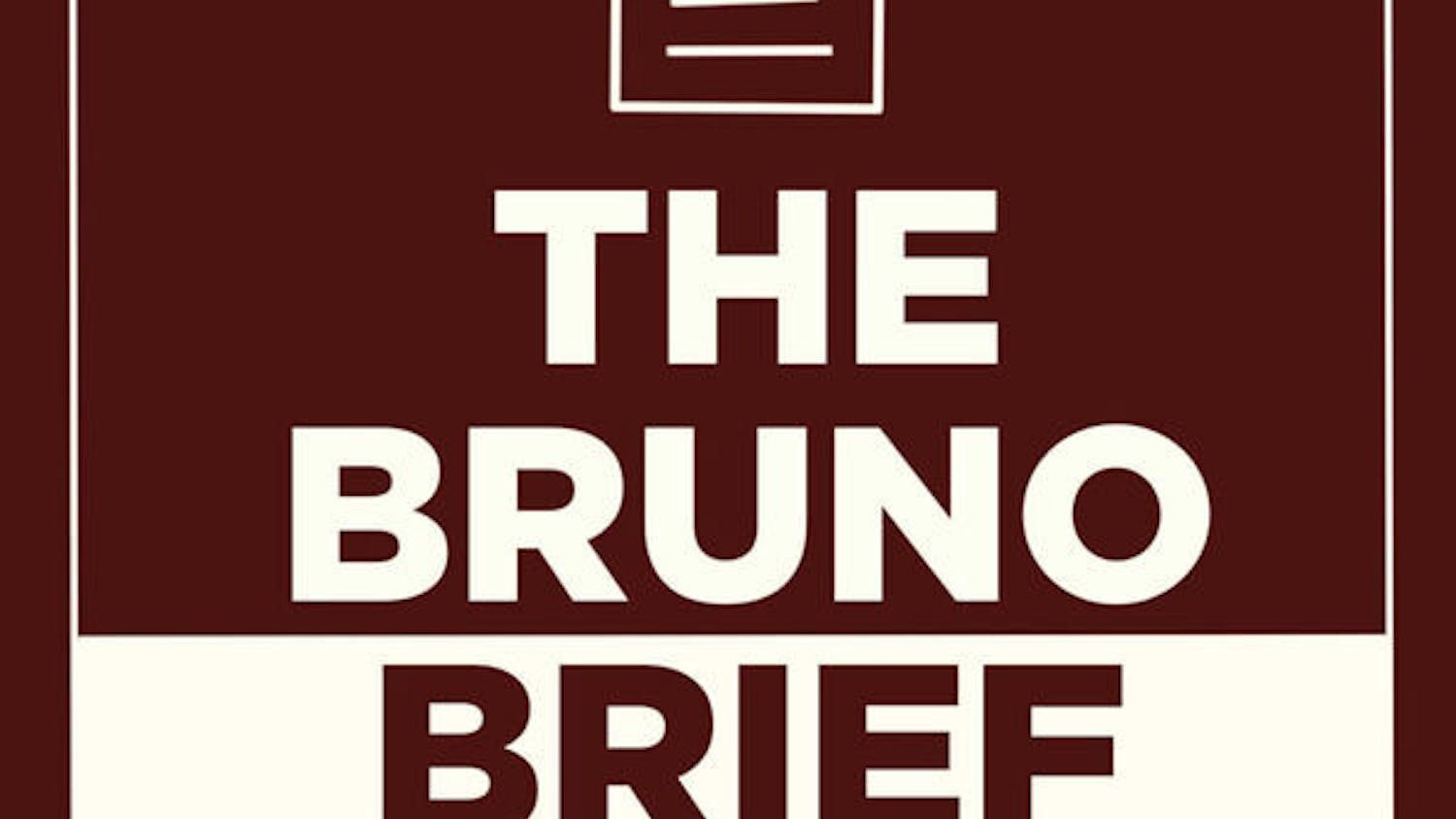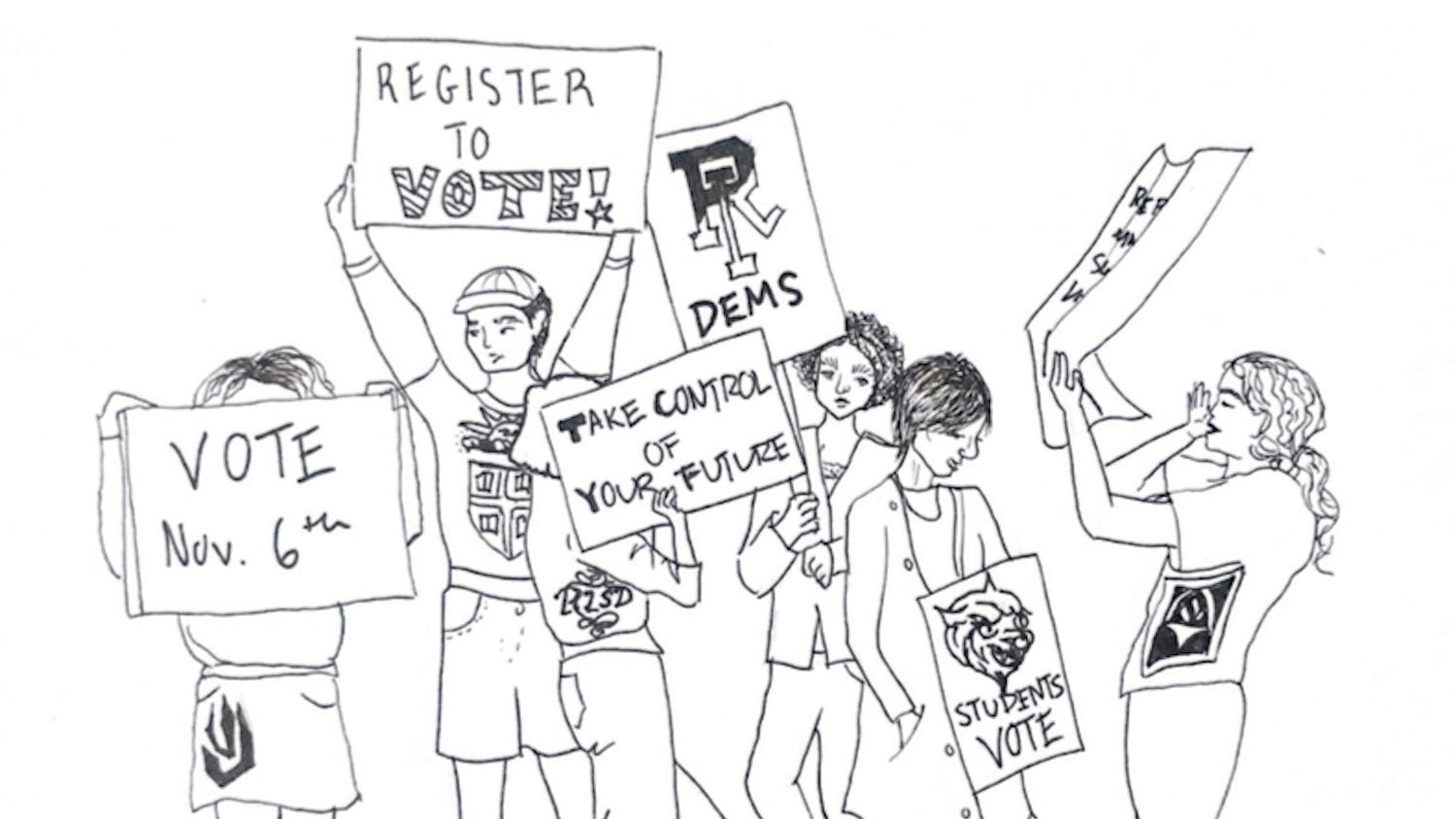Many college applicants may soon find their admissions essays electronically screened for plagiarism.
The company behind Turnitin.com, the popular website used for years to screen academic writing for plagiarism, has developed a new service for college admissions essays.
But according to the Office of Admission, Brown does not plan to use the service.
Essays are submitted to Turnitin.com, which then compares them against a massive database which includes both current and archived content from the Internet, books, journals, newspapers and more, as well as over 135 million students essays previously submitted to Turnitin, according to the website. For each essay, a report is generated highlighting any text that matches anything from the database.
The new service, Turnitin for Admissions, does the same thing, searching Turnitin's database of written content, plus a growing pool of admissions essays that have been submitted.
Though the service has been used thus far only on a trial basis by several graduate programs, the company expects to see a large expansion in the field of undergraduate admissions next year.
Finding a match
Turnitin for Admissions came about naturally from Turnitin's service for academic papers. "It was one of those things that we have always wanted to do," said Jeff Lorton, the service's product and business development manager.
When Turnitin founder John Barrie presented an early version of the software to the faculty at the University of California at Berkeley, Lorton said, the director of admissions came up to him afterwards and expressed an interest in using the same type of software for admissions essays.
The company behind Turnitin, iParadigms, finally decided to create a beta service for admissions essays several years ago, after detecting interest in such a service over the years, Lorton said.
Turnitin for Admissions did a study of about a half million undergraduate personal statements from another English-speaking country and found that more than 15 percent had significant textual matches, he said.
Lorton said that during the beta period, Turnitin for Admissions was contacted by a group from Brigham and Women's Hospital, an affiliate of Harvard Medical School. Hospital officials said they were reviewing personal statements written by their residents and found two that had an identical paragraph, Lorton said.
The medical school used the beta service and found that more than one in every 20 personal statements had plagiarized content, Lorton said.
Carrie Marcinkevage, Pennsylvania State University's Smeal MBA program admissions director, cited several advantages that her office found in using the service's beta version.
"The focus of our admissions team needs to be positive," she said. "If we're in the mindset of trying to figure out whether or not someone has plagiarized… it puts us in a negative mindset." She said having the software allows the admissions officers to read the essays only for their content, without trying to determine originality.
Using Turnitin's service also allows her admissions office to be more fair, she said, by relying on a computer system that treats every essay equally rather than the memory of whichever admissions officer happens to read each person's essay. "It's a whole lot more fair to every candidate to do it this way," Marcinkevage said.
Going mainstream
Lorton said while there are a "handful" of schools using Turnitin for Admissions this year, there are "hundreds" lined up to use it for the next admissions cycle. He also noted that the Common Application is looking at the service.
Robert Killion, executive director of the Common Application, said the service is researching electronic plagiarism detection services.
Though application administrators have talked to Turnitin for Admissions, he said, the organization also wants to see if there are other similar services on the market. "We want to figure out who's out there," he said.
"I think it will probably be at least another year or two until anything will come of it," he said, cautioning that the organization might decide not to use such a service.
"I wouldn't characterize it as the top priority," Killion said. He said the Common Application is researching plagiarism detection services at the request of some of its member institutions.
The popularity of Turnitin for Admissions depends on the type of school. Large state schools have, for the most part, shown little interest in the service, Lorton said.
"In general, this is really of interest to selective institutions who use the essay…as a major deciding factor," he said, explaining that interest in Turnitin for Admissions "really depends on how they make decisions about applicants."
"I just got back from a trip this week on the East Coast, and I was meeting with Ivy League universities that are very interested and very excited about it," Lorton said. "I don't think I can recall ever having a meeting where there were so many people excited about what I was talking about."
‘False positives'
But not all colleges are convinced by Turnitin's sales pitch.
At Brown, there are no plans to use Turnitin for Admissions. "We aren't currently considering using a product like Turnitin, since we aren't yet convinced there is sufficient need for it," Dean of Admission Jim Miller '73 wrote in an e-mail to The Herald.
There have been "rare instances" in which plagiarism has been detected or reported, he wrote. "If we uncover plagiarism or fraud, we contact the student and offer him or her an opportunity to provide an explanation. If the explanation is not forthcoming or is unconvincing, we will withdraw the application from consideration."
Miller expressed concerns over the logistics of using a service like Turnitin, "as well as the possibility of what another dean of admissions has called ‘false positives,' " he wrote.
The University of Pennsylvania similarly has no plans to use Turnitin's service.
"If they're not a strong student, the gap between what is being produced in their essays and their academic portfolio is out of line, and we're going to see that," Eric Furda, Penn's dean of admissions, told the Daily Pennsylvanian in September.
Plagiarism in college application essays does not seem to be a widespread problem, said David Hawkins, director of public policy and research at the National Association for College Admission Counseling. Rather, he said, application essays seem to suffer more from a problem of substantial revision by over-eager parents — which Turnitin for Admissions cannot address.
One concern, he said, is whether admission officers, given their already heavy workload, would have the time to pore over all of the reports generated by a service like Turnitin for Admissions.
Hawkins also expressed concern that an electronic plagiarism detection service could bring up a lot of "false positives" because many student essays have similar components, such as famous quotations. Sorting through these legitimate essays could further sidetrack admission officers.
He said that Turnitin for Admissions is the first service of its kind that his organization has seen.




